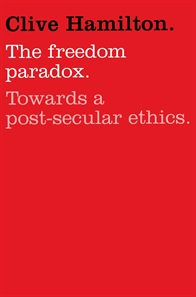game theory
When ‘Best Practice’ isn’t Best
Like any other journalist, I get a torrent of press releases every day. Certain words and phrases feature prominently. Too prominently, too often. This post is not specifically about those words and phrases, it’s about how these words and phrases have come to be so numbingly banal. The phrase is ‘best practice’, and this post is a cautionary tale of when ‘best practice’ actually leads to failed practice, and why.
It seems as though ‘best practice’ would, by definition, always be the best way to do something. But sometimes it’s not. This is because some problems aren’t conducive to the creation of one ‘best practice’, but instead need to constantly adapt to a changing set of background conditions.
There are, broadly, three types of problems in this world: those with static background conditions; those with changing background conditions; and those where the background conditions change in response to your actions. ‘Best practice’ only works well for the first of these problems, less so for the second, and often fails entirely in the third.

